Introducing Mulungu (Erythrina mulungu).
Powdered Bark from Brazil, a natural and versatile herbal supplement that offers a wide range of potential health benefits.
Mulungu, scientifically known as Erythrina mulungu, is a species of flowering tree native to South America, particularly Brazil.
Botanical Information
Mulungu belongs to the Fabaceae family and is characterized by its medium to large-sized tree with a spreading canopy. It typically reaches heights of 5 to 10 meters and has a straight trunk with grayish-brown bark.
The leaves of Mulungu are compound and deciduous, consisting of three leaflets that are elliptical in shape with a smooth margin. The leaves are dark green and provide a dense canopy of foliage.
Mulungu produces vibrant clusters of red-orange flowers that bloom in the spring and summer months. These flowers are attractive to pollinators such as bees and butterflies.
The tree bears slender, cylindrical pods that contain seeds within.
Traditional Uses
Mulungu has a long history of traditional use among indigenous tribes in Brazil and other parts of South America. It is revered for its medicinal properties and has been used in traditional medicine for centuries.
The bark and leaves of Mulungu are commonly used to prepare herbal remedies, decoctions, and infusions. These preparations are consumed orally as teas or tinctures to promote relaxation, reduce anxiety, and alleviate stress.
In traditional Brazilian medicine, Mulungu is often used as a natural sedative and anxiolytic agent. It is believed to have calming effects on the nervous system, making it useful for treating insomnia, nervousness, and restlessness.
Potential Medicinal Properties
Scientific studies have investigated the potential pharmacological properties of Mulungu and its bioactive compounds. Research suggests that Mulungu contains alkaloids, flavonoids, and other phytochemicals that may contribute to its medicinal effects.
Some studies have reported that Mulungu extracts exhibit anxiolytic, sedative, and muscle-relaxant properties in animal models. These effects may be attributed to the modulation of neurotransmitter systems involved in stress and anxiety regulation.
While more research is needed to fully understand the mechanisms of action and therapeutic potential of Mulungu, preliminary studies indicate its promise as a natural remedy for promoting relaxation and reducing anxiety.

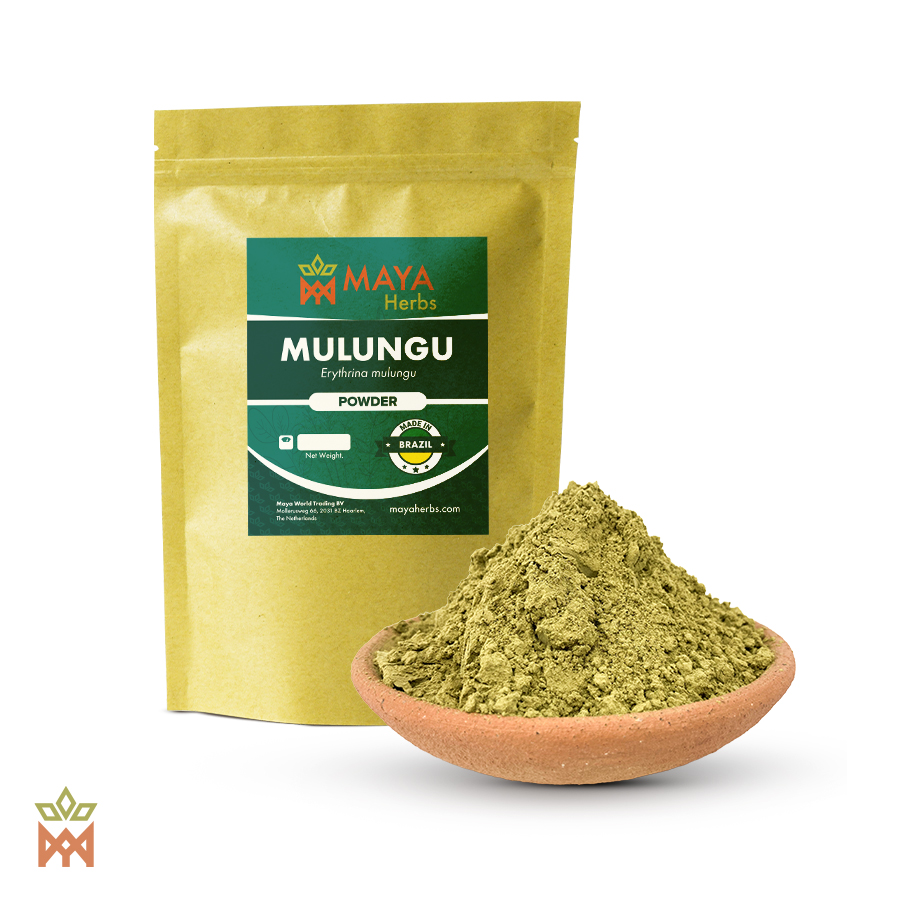
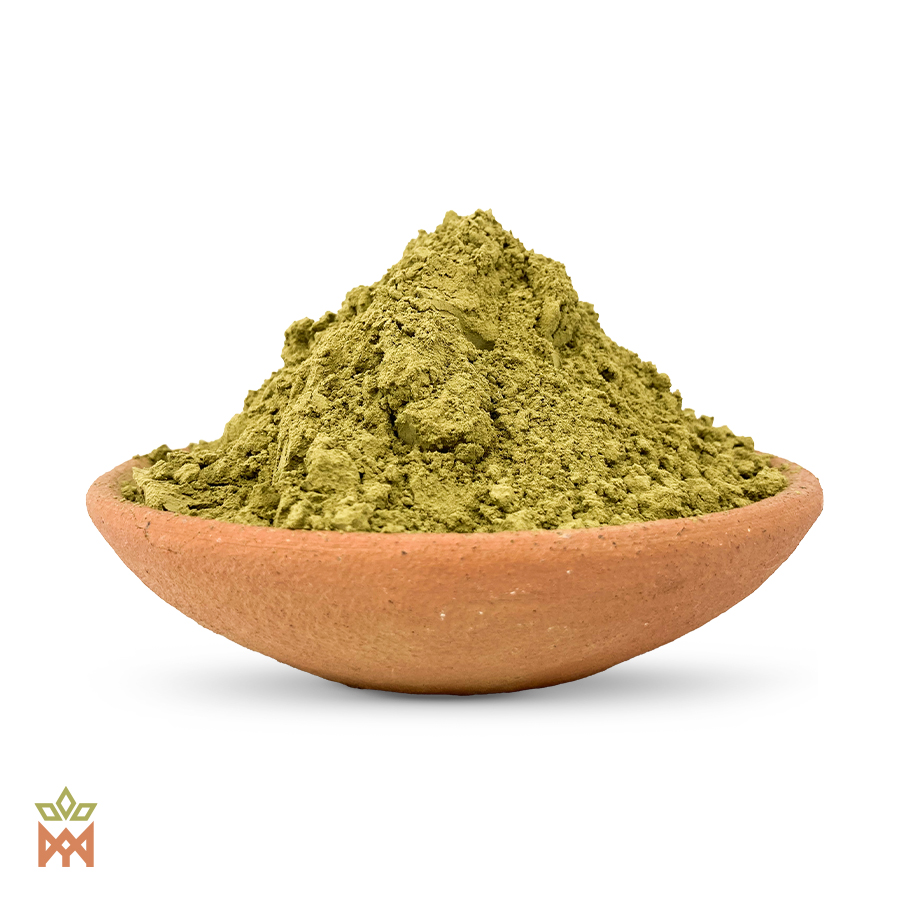

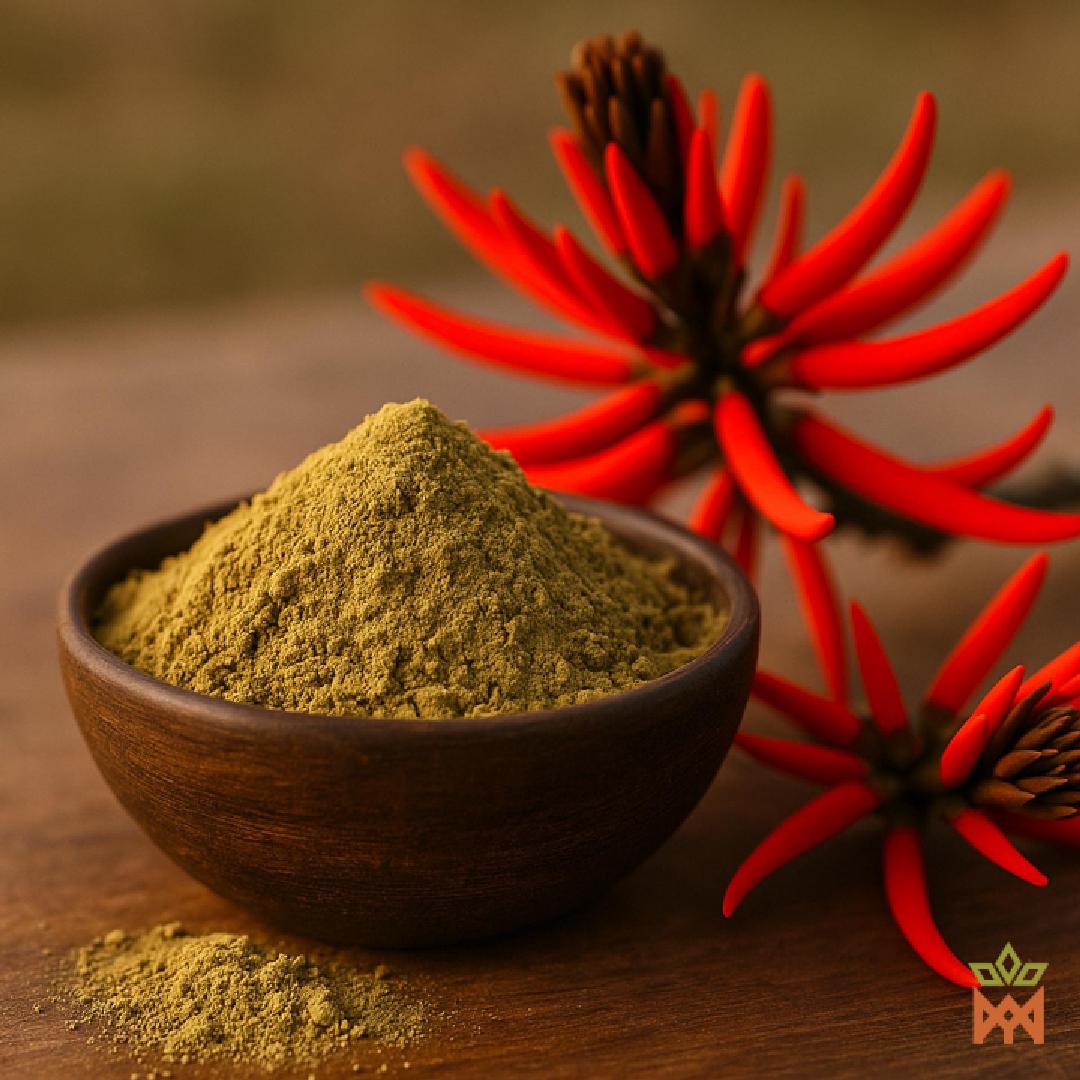
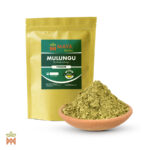
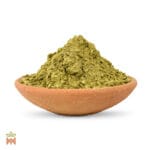
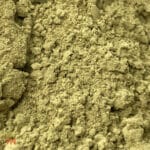
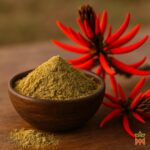
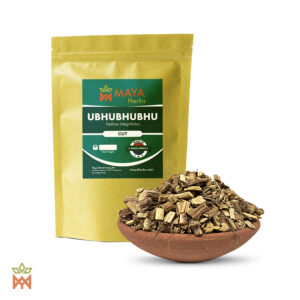


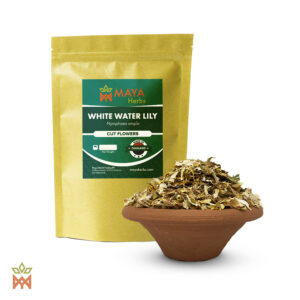
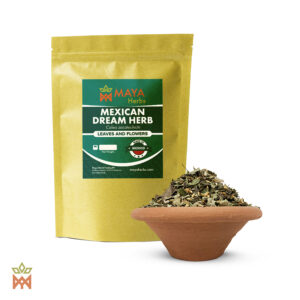
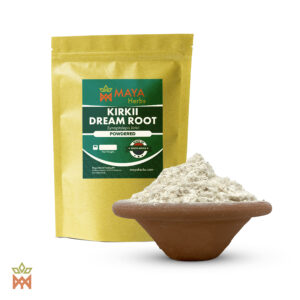
Reviews
There are no reviews yet.